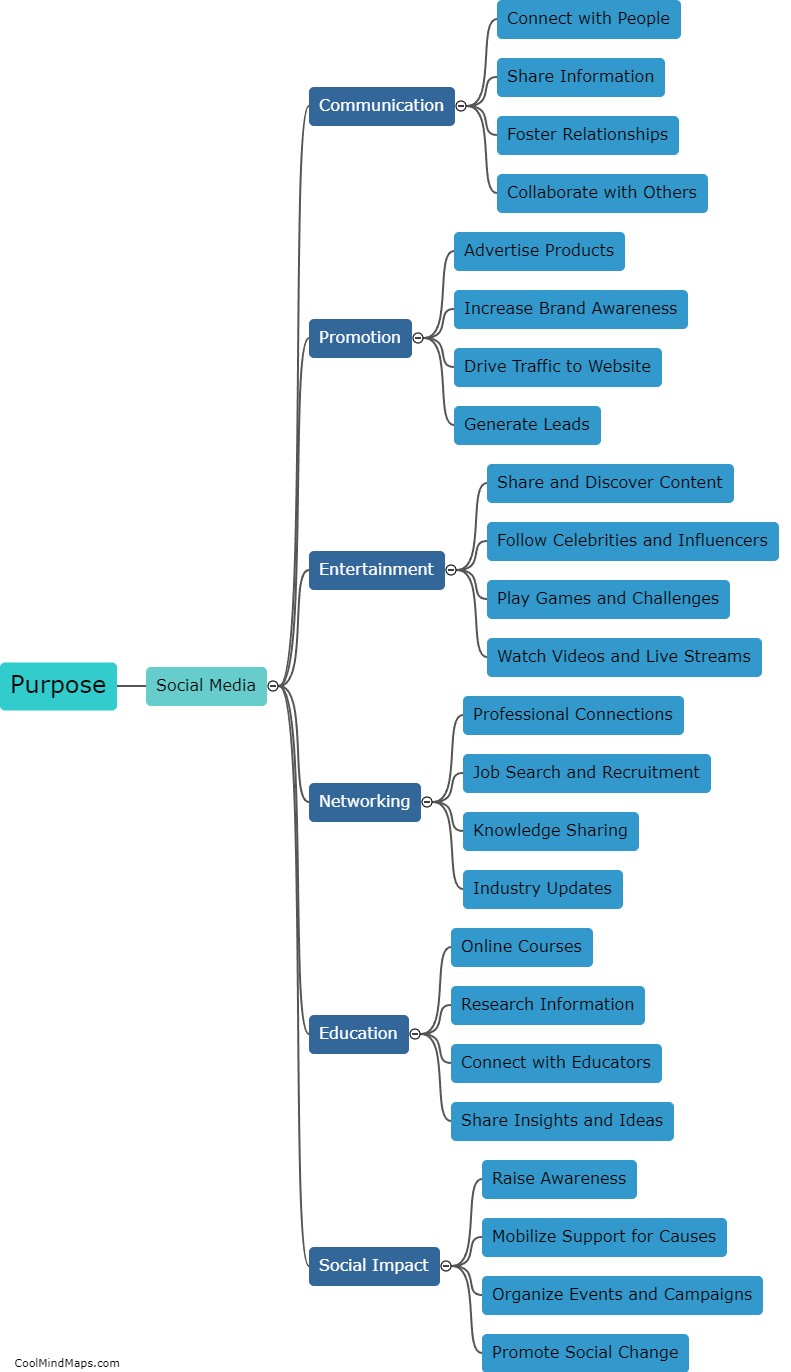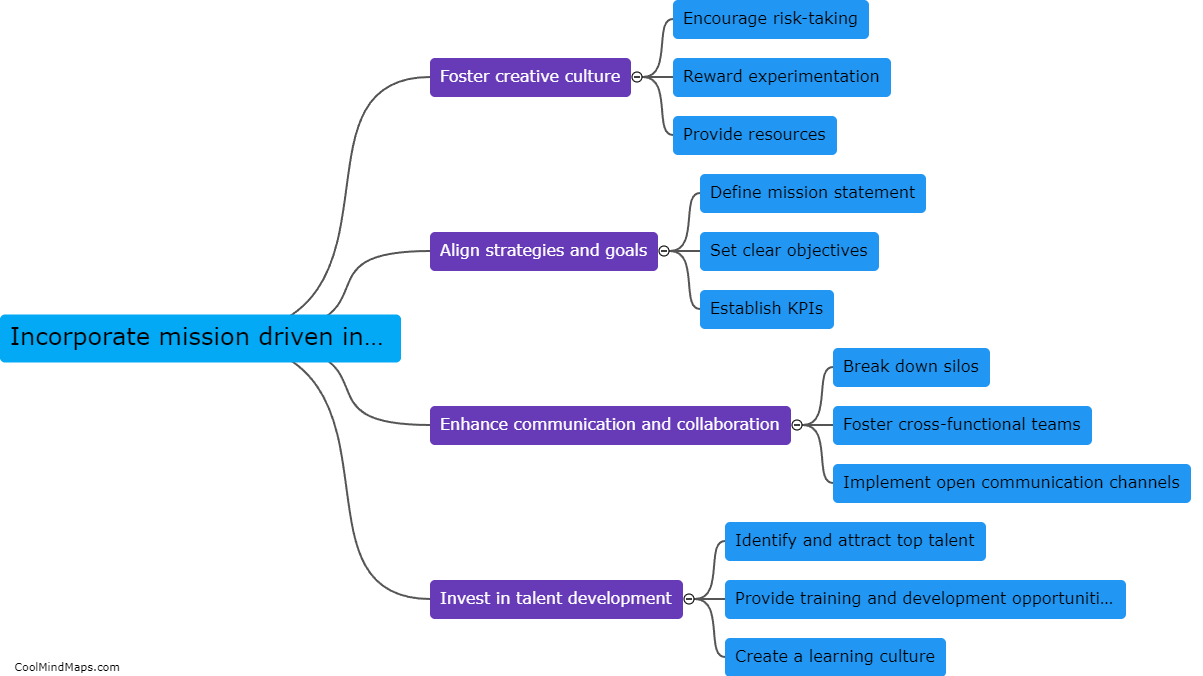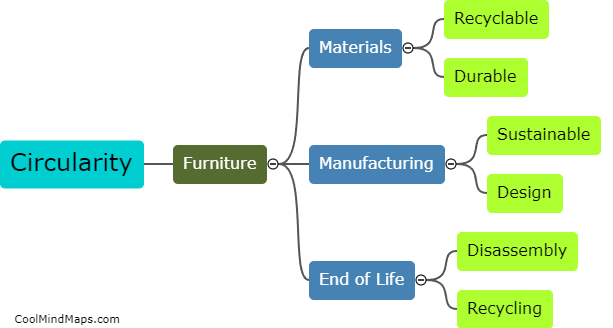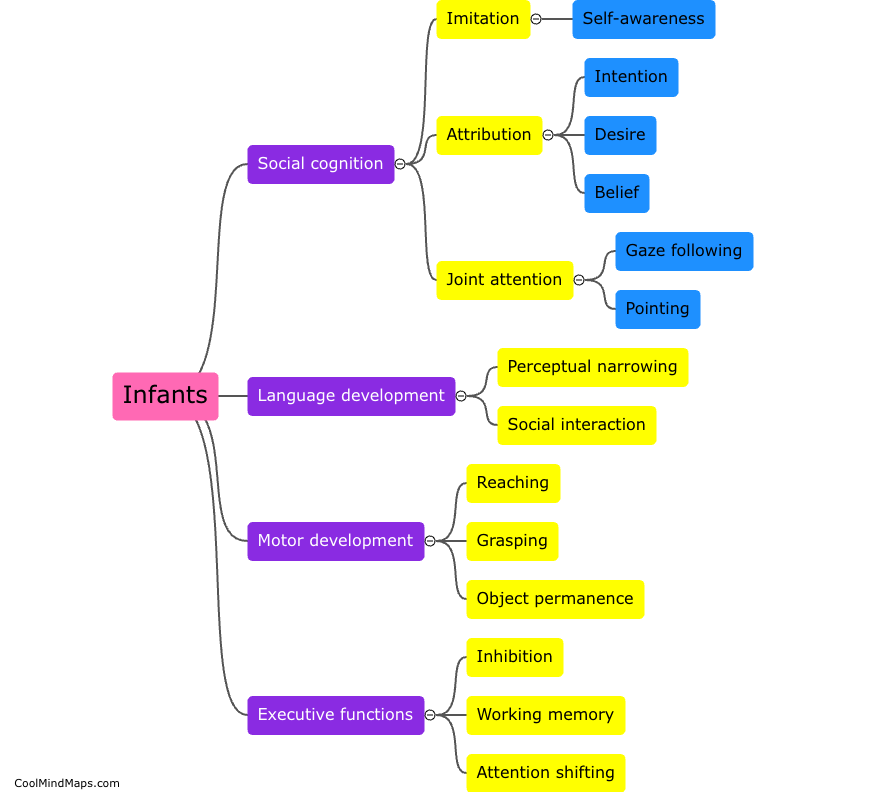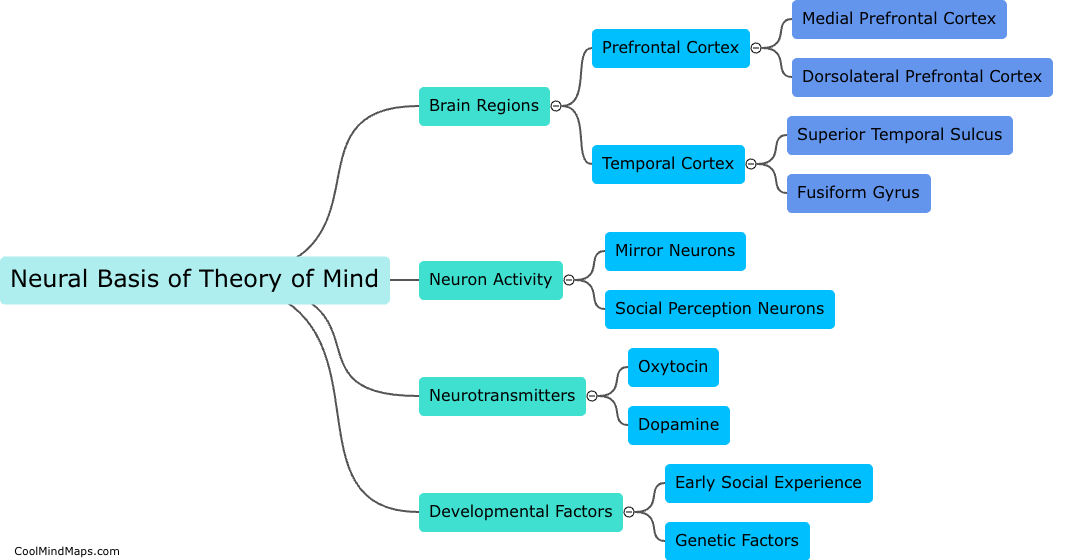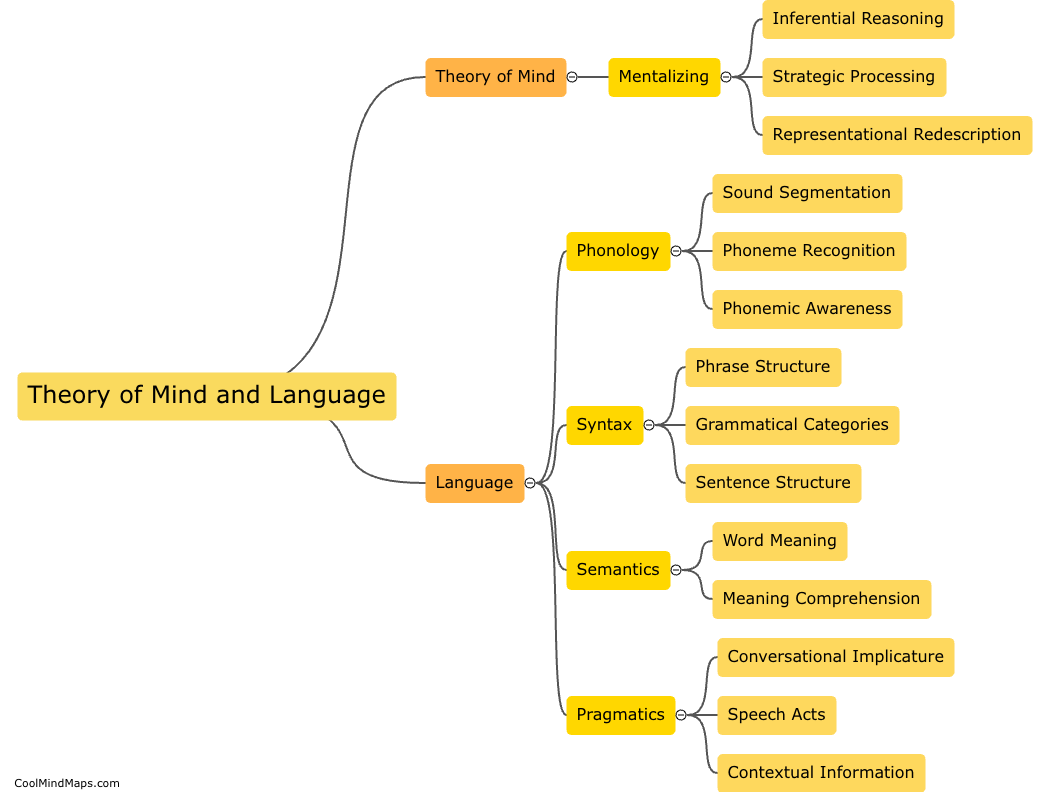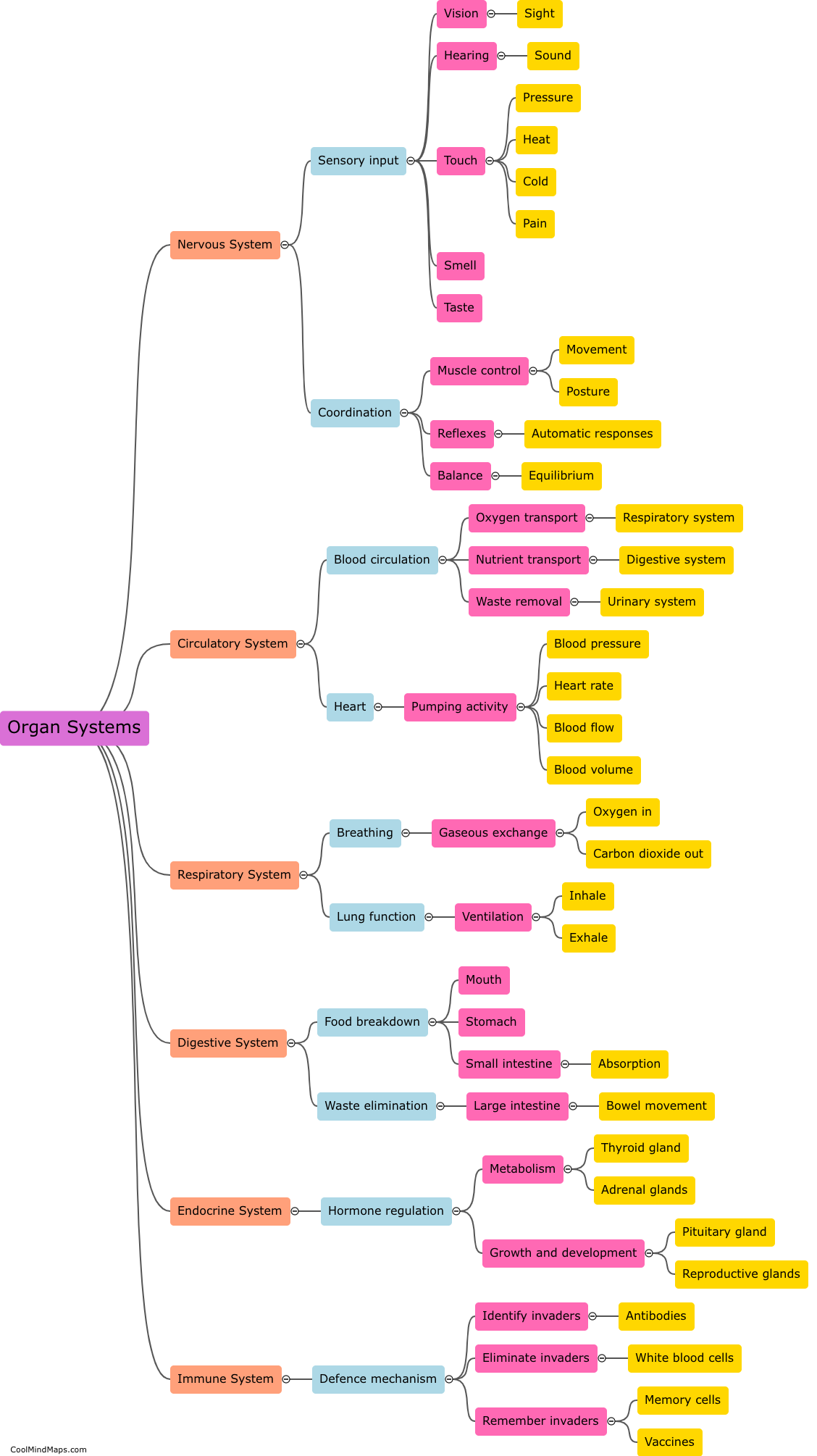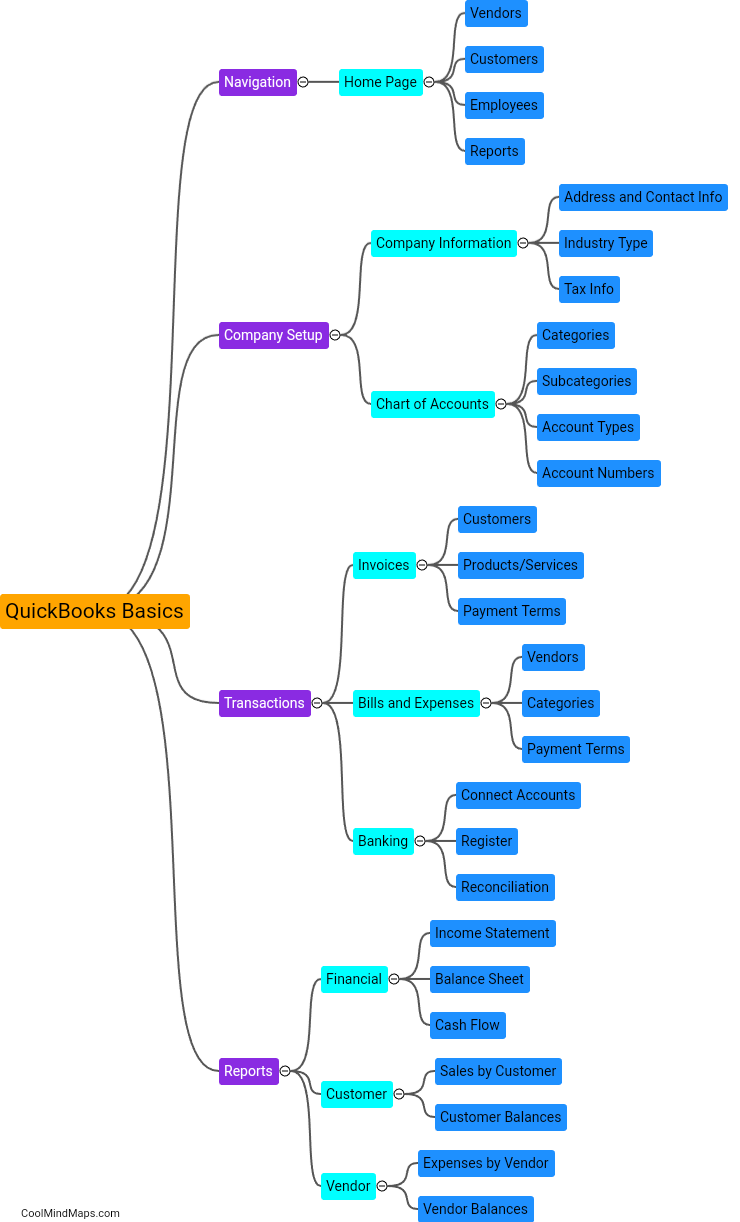What are the key concepts of object-oriented programming?
Object-oriented programming is a programming paradigm that revolves around the concepts of objects, abstraction, encapsulation, inheritance, and polymorphism. Objects are instances of a class and encapsulate data and behavior in a single entity. Abstraction entails separating the essential features of an object from its implementation details. Encapsulation is the practice of keeping data and behavior private within an object and allowing access to them through well-defined interfaces. Inheritance enables creating a hierarchy of classes and reusing code. Polymorphism allows the same code to work with different types of objects, and it can be achieved through function overloading, operator overloading, and virtual functions. These key concepts facilitate modular, reusable, and maintainable code.

This mind map was published on 4 June 2023 and has been viewed 164 times.
